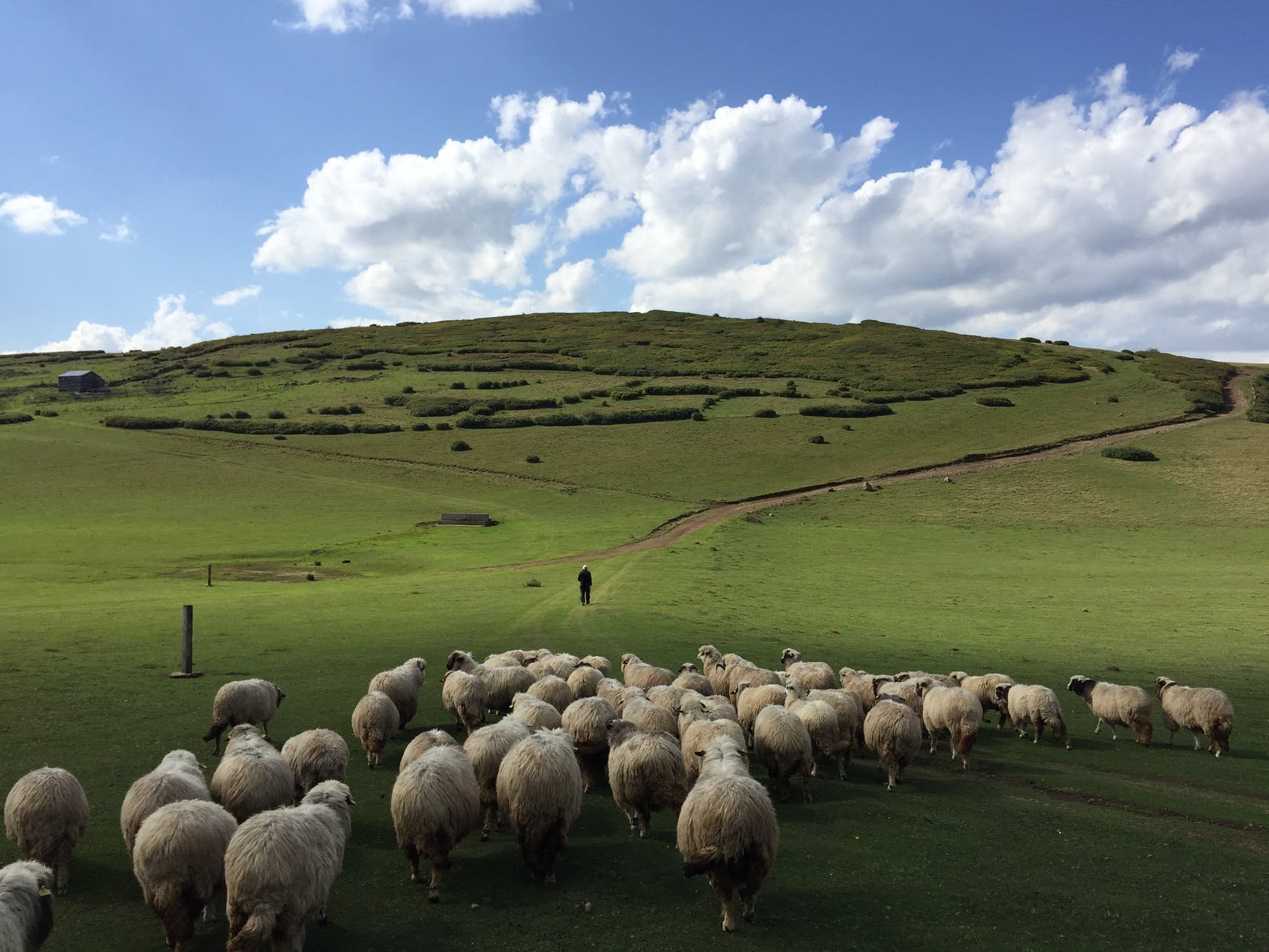Sheep Farming: The Basics You Need to Know
/Via Pexels
Sheep farming is a challenging and rewarding business. It requires knowledge of the animals, land, weather patterns, and more. You need to know these things to be successful with your sheep farm. We've compiled some information about starting a sheep farm so you can get started right away!
Get a Good Vet
Like any other farming operation, having a good vet on-call is essential for sheep farmers. Shepherds need to treat sick or injured animals quickly and effectively. Vets can also help with flock management and provide valuable advice for breeding and raising healthy sheep. When choosing a vet, consider their experience and availability. You'll want a vet who is local and has flexible hours, including after-hours for emergencies. It would help if you also found someone you feel comfortable working with. A good relationship between farmer and vet can be helpful in many ways, from suggesting new farming techniques to getting advice on the best medicine dosages for your animals.
Read up on Parasites
Before you get started, it's important to be aware of the challenges you'll face and how to best prepare for them. One such challenge is dealing with parasites.
Many types of parasites can infect sheep, and they can cause serious health problems if left untreated. Therefore, it's essential to read up on the different types of parasites and how to treat them so you can protect your flock.
There are also many common diseases that sheep can get, so it's important to be familiar with those as well. Some of the most common conditions include foot rot, mastitis, and pneumonia. By being aware of these diseases and how to treat them, you can help keep your sheep healthy and productive.
Vaccination Is Essential
One of the most important aspects of raising sheep is ensuring they are vaccinated against common diseases. This is especially important in the early years when their immune system is still developing. Some of the diseases that can affect sheep include Clostridial Diseases and Infectious Bronchitis (IB), to name a few.
Always Be Prepared for Lambing
Have a well-stocked lambing kit and barn ready for the new arrivals. Be prepared for the weather and make sure you always have extra food, water, bedding (shavings work well), heat lamps, a first aid kit, and lambing supplies on hand at all times.
Newborn lambs can be weak and need to be kept warm until they regulate their body temperature. Therefore, if you are not prepared for lambing, you could lose lambs due to cold stress.
Get Sheep That Are Already Under a Similar Management System
If you get sheep that are already under a similar management system, they will be easier to care for. For example, suppose the previous owner was feeding hay once per day, and now you plan on only feeding them every other day. In that case, your new flock might not understand this as quickly as they would have if their previous feedings were precisely like the ones you will be providing.
When buying sheep, try to attend a Local Livestock Auction Houses so that you can see the animals up close before making your purchase. You'll also have the opportunity to ask the farmers questions about how they've been managed and what type of feed they've been given.
Although sheep farming can be a tricky, fickle business, it can be extremely rewarding. There are many things to consider when starting sheep farming, but it can be a very successful endeavour with the proper preparation. Make sure you do your research and plan accordingly to give your flock the best chance at a long and healthy life!
























